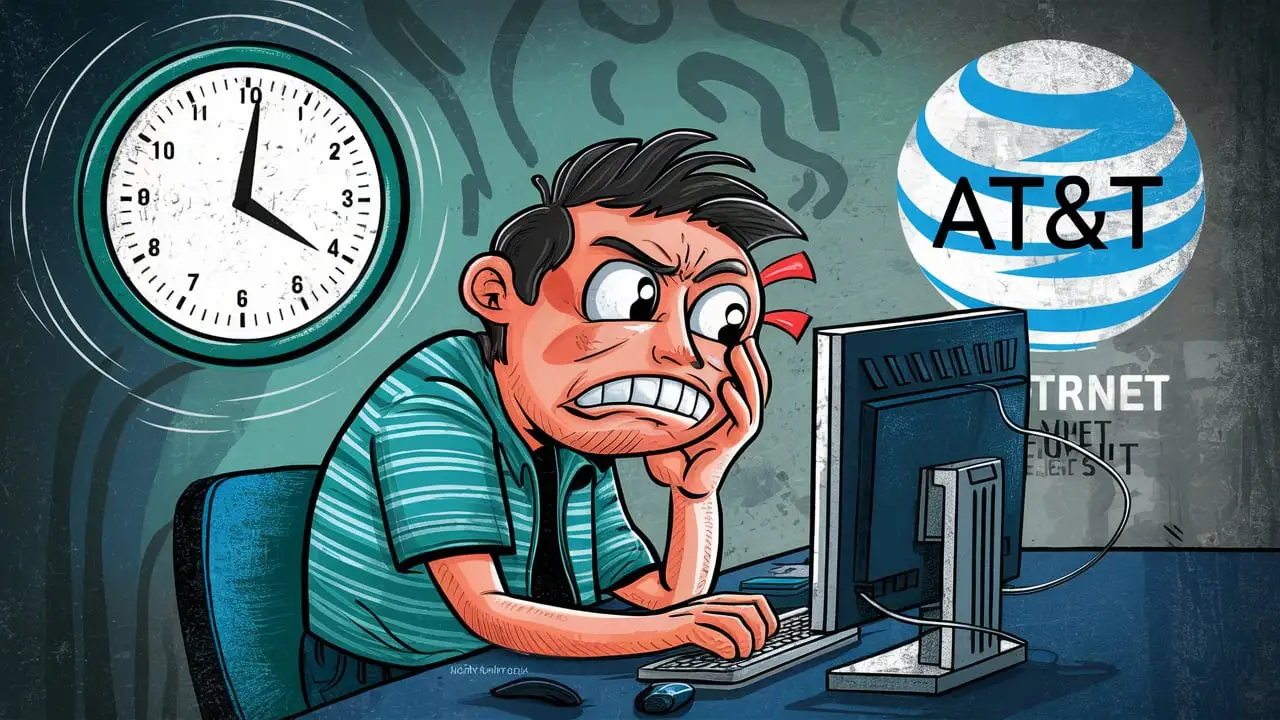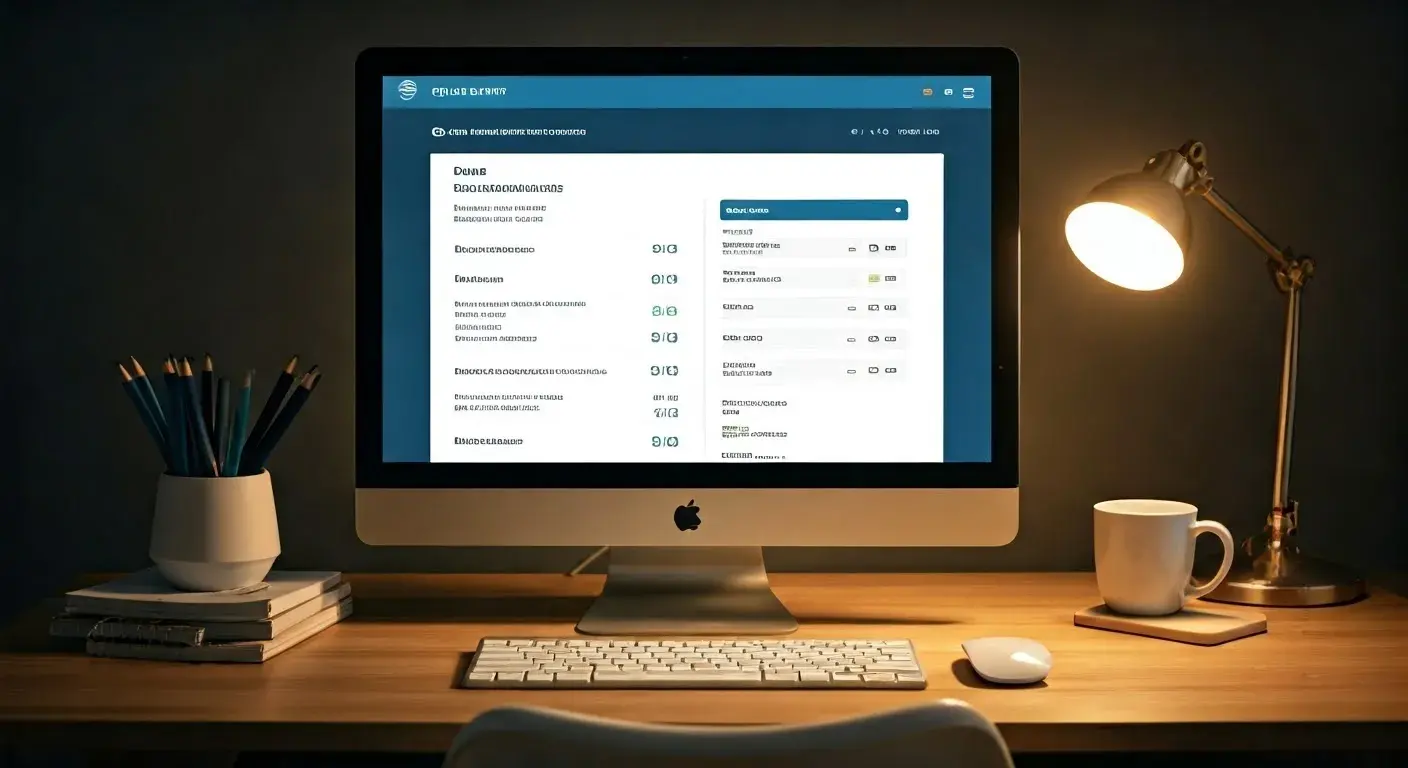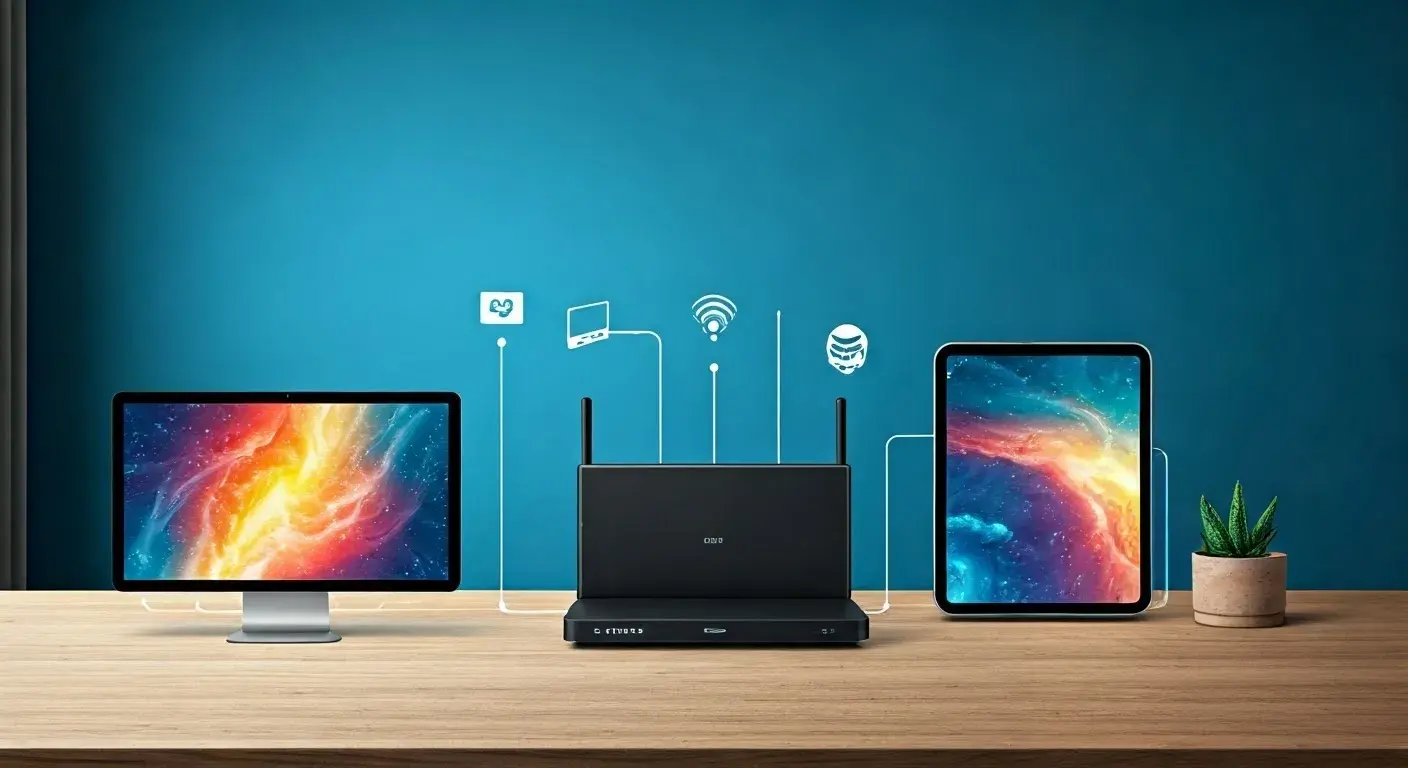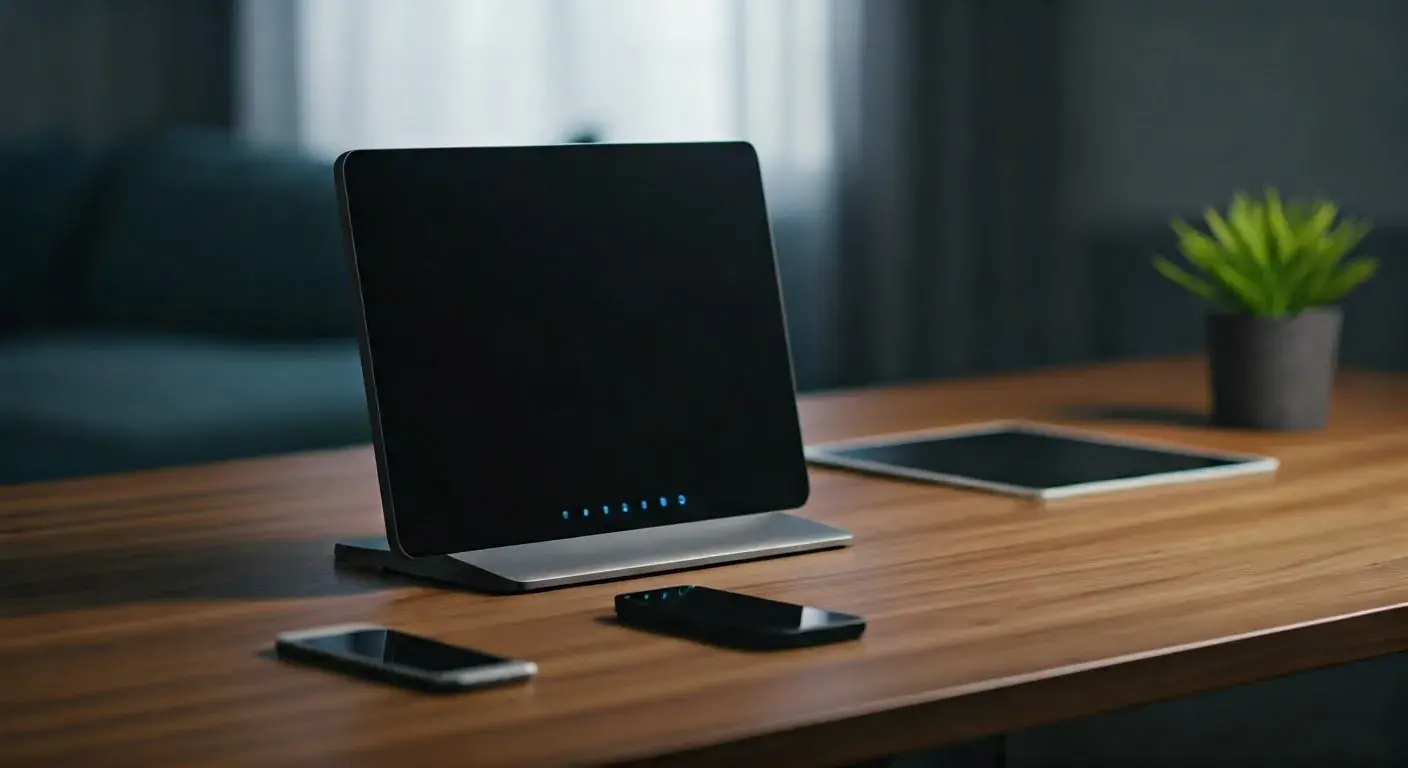Does AT&T slow down your home internet speed?

Due to the nature of AT&T’s data plans and service, many AT&T Internet customers have pondered whether the company throttles their home internet speeds at some point or a certain data threshold each month. This issue has been a subject of speculation and discussion for some time now, so let’s examine the facts about AT&T’s internet speed policies and speeds.
DSL and fiber-optic Internet connections are some services that are provided by AT&T. Their DSL plans have data limits of 150GB to 1TB per month, while the fiber-optic plans do not have data limits at the moment. AT&T claims that when customers go over the data usage limit in a capped DSL plan, it does not reduce the speeds. Instead, they will be charged $10 per extra 50GB block or have the choice of moving to an unlimited data plan instead. Therefore, officially recognized, AT&T does not throttle your home internet connection after you have used up the allowed data quantity. You either incur extra charges or switch to a better package.
Still, customers complain of slower speed, and this is most evident in the evenings between 5 pm and 11 pm. AT&T agrees to the fact that the network may get crowded at times, which may reduce the speed for a short time. The extent of this congestion and slowdown depends on your location and the ability of the local network infrastructure can support. It is, however, important to note that because of these capacity constraints, networks that are established in regions that have very large populations do get overwhelmed at certain hours of the day.
AT&T also points out that if customers complain of frequent or long durations of slowness for other reasons than temporary congestion in the technical network, AT&T will diagnose and address such issues individually. So if your internet service becomes regularly unusable each evening or you notice a severe drop-off in performance for a sustained period, you can call AT&T technical support to get the problem checked.
Especially in the recent past, the company has dedicated resources toward enhancing its fiber network. These fiber-optic connections, in theory, offer significantly faster and more reliable speeds with far higher concurrent capacity during the peak hours for streaming, downloads, and operating smart home devices. Thus, customers on fiber-optic plans are less likely to be affected by any slowdown issues due to congestion. However, no network architecture is free from technical faults and restrictions. But fiber is designed to maintain its performance even when it is used constantly heavily, which is something that older DSL connections cannot manage over time.
In the last few years, the Federal Communications Commission (FCC) also abolished the net neutrality rules that banned internet service providers from throttling or giving preference to some services. Thus, in the legal sense, firms such as AT&T are now free to prioritize throughput for specific internet services or equipment if they want to do it to exercise reasonable bandwidth management. However, to date, AT&T has yet to state that they are actively involved in throttling speed or in any other way manipulating traffic flows according to the endpoints, content, or competing services. Some consumers are concerned with the possibility of ISPs not using such transparent approaches but rather using unfair techniques to compromise the performance of rival streaming services.
In summary -
AT&T assures the public that they don’t reduce your home internet speeds as a way of throttling without explicitly stating it in their plan terms or charging you more for overage fees. It is necessary to note that a decrease in speeds because of the congestion in peak network usage still happens from time to time. Users who subscribe to old DSL plans with limited data volume are more likely to face those slowdowns as infrastructure limits are challenged by current high-demand activities. Fiber-optic clients experience superior and more reliable connectivity with fewer slowed speed tiers due to increased bandwidth and advanced design. If you find yourself experiencing low usage levels for an unusually long time, it’s advisable to get in touch with AT&T technical support, as this falls under network issues that need solving. Of course, there are still some skeptically minded users who think that new FCC freedoms can be used by AT&T to harm competing services during bandwidth scarcity while denying that they deliberately throttling. However, it is important to note that most customers have reported slowdowns due to local network traffic, as well as deteriorating last-mile infrastructure in densely populated areas, as opposed to deliberate throttling. Switching to fiber-optic plans offers the strongest shield against further speed drops.
Upgrade to faster, more reliable AT&T Fiber Internet today! Call us at +1 844-905-5002 and get connected with speeds that keep you ahead.





